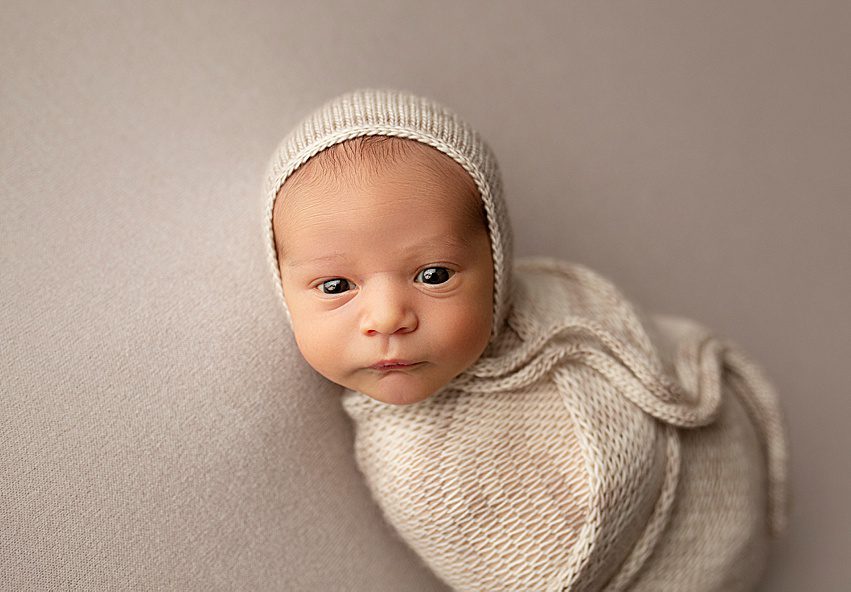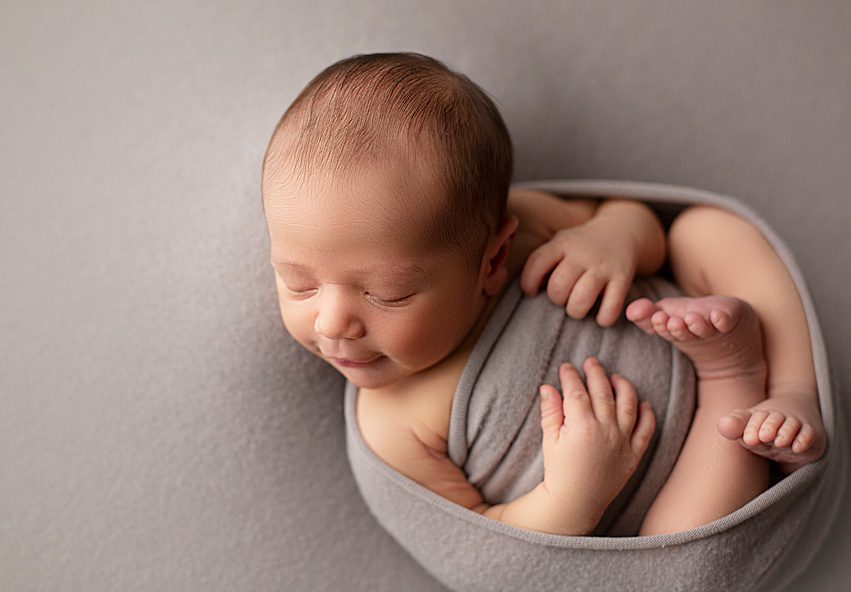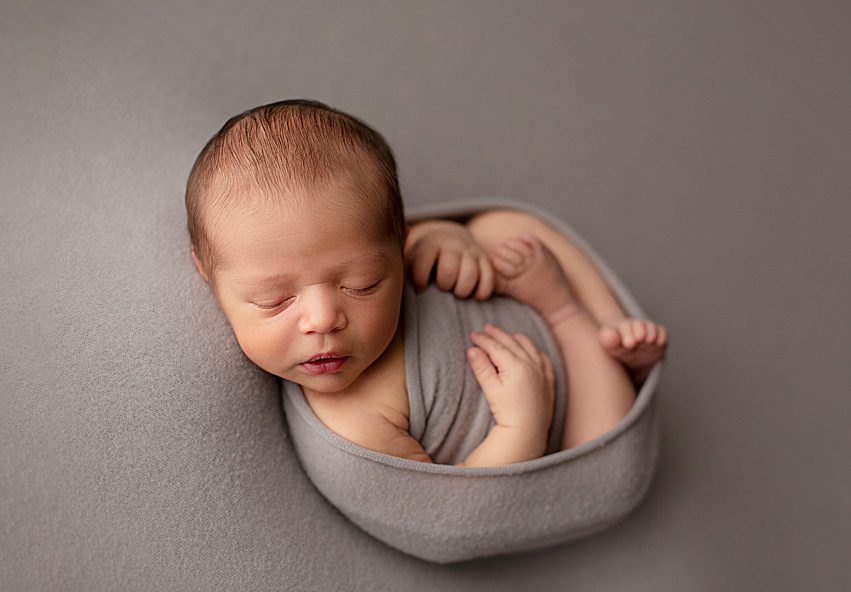
It is so adorable when you hear those very first coo’s that come from your newborn baby. Once he says “Mama” or “Dada” for the first time, it’ll make you cry for sure! I want to talk about the different stages of speech and what to expect each month. It’s true, kids are little sponges. They pick up so much in just the first year of life!

From birth to 3 months little Conrad’s only form of communication is crying. Although, it’s not just one type of cry. He will scream-cry when he’s hungry, whimper-cry when he has a dirty diaper and do other types of cries to try to communicate different things. At this stage he is starting to recognize what words are, the sounds they make and how sentences are formed.

At 4-6 months it starts to get unbelievably cute! This is when Conrad will start to babble, and respond to his name. He will start to combine vowels like “yaya” or “baba”, and there’s a good chance you will hear him say “mama” or “dada” for the first time! Keep in mind he’s not quite old enough to associate these words with his actually Mom and Dad, but it’s still incredible.
Conrad will test his vocal cords at this age to explore all of the different sounds he is capable of making. He is talking, but it just sounds like a bunch of run on sentences he made up in his own baby language. Experimenting with his tongue, mouth and teeth (if he has any) is the name of the game at this age. Baby babble sounds the same in any language. Soon enough you will start to notice a pattern of his favorite sounds, because he will say them over and over again. He’ll most likely do this because he likes the way it sounds and how his mouth feels when he says them.
By the time Conrad reaches 7 to 12 months his baby babble will start to sound like he’s making sense. That’s because he is trying out new tones and different patterns that are similar to the ones he hears people around him use.

There are some things you can do to help encourage him to talk. First, talking to him when you are with him. Ask him questions, tell him what you are doing, point things out in detail, and sing to him. Try to avoid cooing or baby talking back to him. He will learn to speak from hearing you speak.
You could read to Conrad. This will help expand his vocabulary and help him learn how to put sentences together. He also loves the sound of your voice so it is very soothing for him.
Lastly, listen to him when he talks to you. After he is done talking, respond to him. He is more likely to speak up if he knows you are interested in hearing what he is saying.
Click here to learn more about the stages of baby talk!
If you want to know more about me, click here!